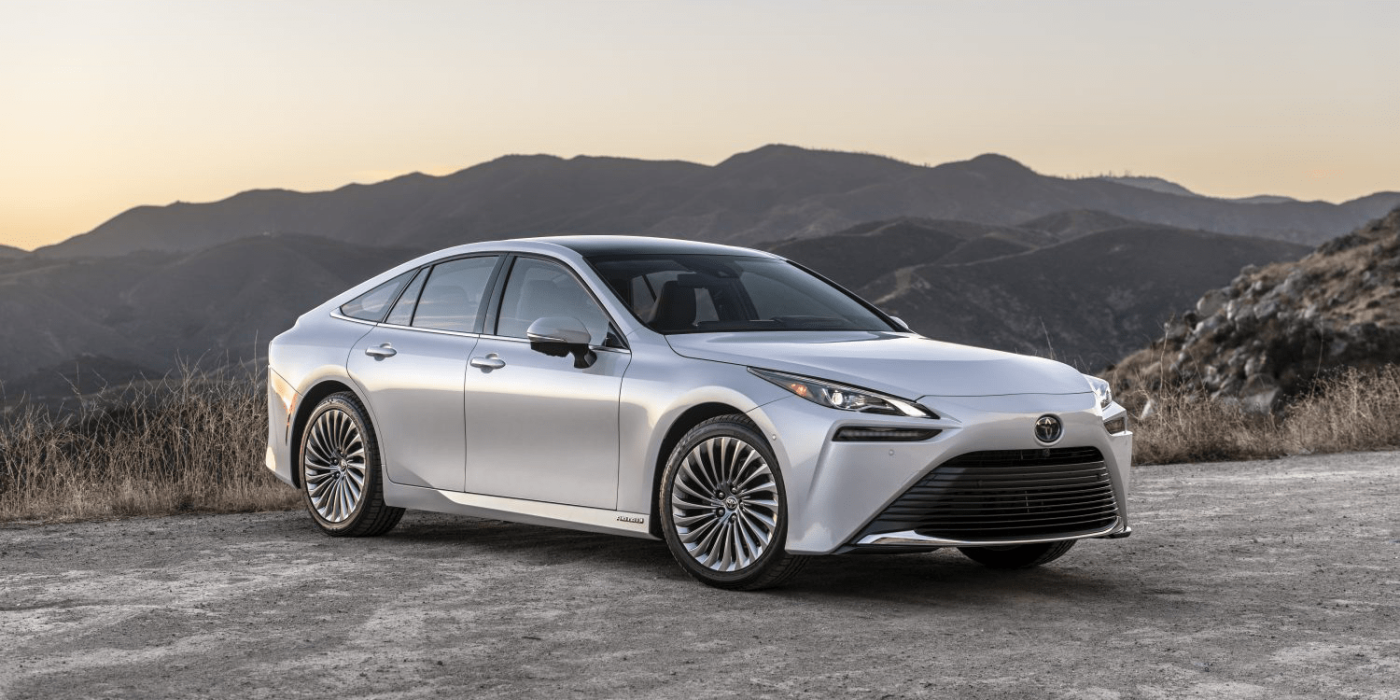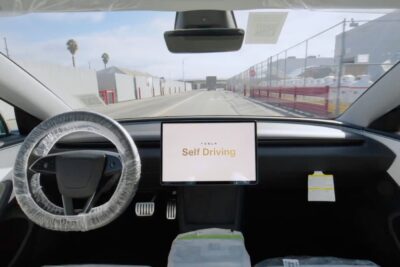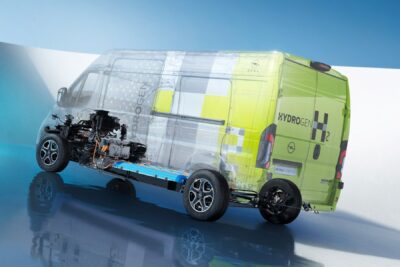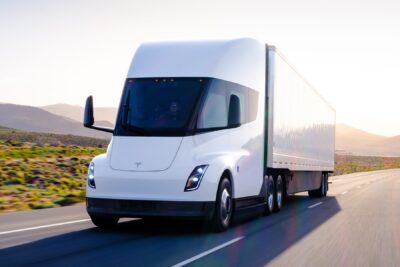Toyota faces class action lawsuit regarding H2 fuelling stations in California
A group of California taxpayers are suing the carmaker for essentially causing the California State University, Los Angeles (CSULA) to “misuse” taxpayers’ money, Carscoops reports. The University built a hydrogen refuelling station in 2010 using a government grant. Toyota “is accused of retroactively imposing tough standards on the facility that prevented it from operating, despite it meeting all other state-mandated regulations.”
Moreover, by keeping others from entering the hydrogen refuelling market, the manufacturer allegedly used its power to maintain a monopoly. As a result, drivers of the Toyota Mirai have to fill up at First Element refuelling stations, which essentially inflates fuel prices due to the lack of competition.
This comes after Mirai owners filed a suit against the Japanese carmaker in California, claiming that the FCEV is “unusable” for many drivers, as prices for H2 are too high and the fuel is not readily available. You can read about the details here.
The plaintiffs are asking for damages as well as an injunction to prevent Toyota and First Element from continuing with their H2 operations as is. FirstElement Fuel opened its first site in California in 2016. The expansion was mainly financed by the state, with the participation of Toyota and Honda.





1 Comment